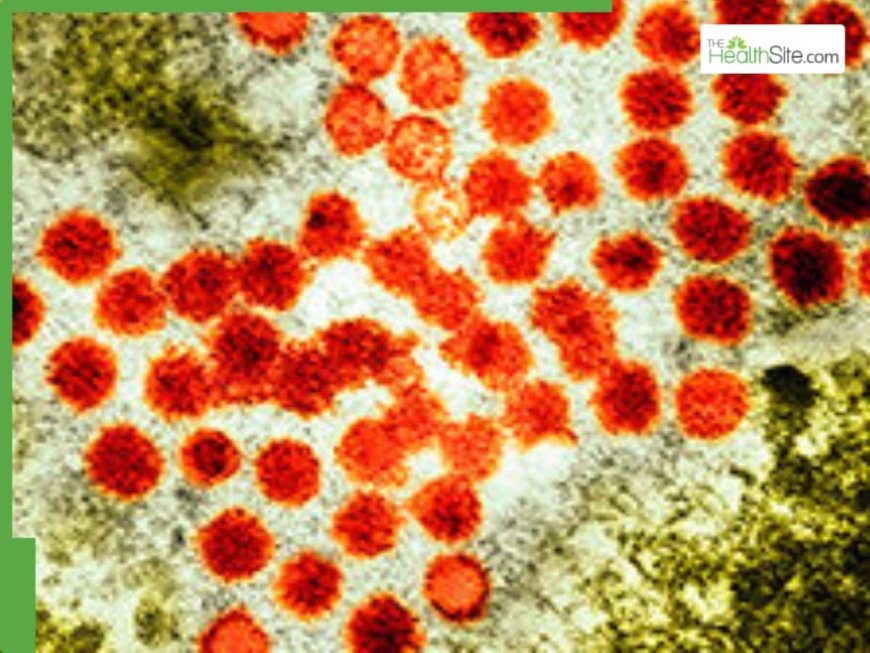Hepatitis A Cases Double in Pune with Monsoon Arrival: Safety Tips Against HAV
Cases of Hepatitis A have doubled in Pune as the monsoon season begins, leading to 57 reported cases compared to 27 last year. Health officials attribute the rise to water and food contamination during rainy days.

Cases of Hepatitis A have doubled in Pune, with 57 cases reported compared to last year. Health officials attribute this increase to water and food contamination during the monsoon season.
The city of Pune is experiencing a surge in Hepatitis A cases as the monsoon season begins. Data from the Puna Municipal Corporation shows a significant increase in viral Hepatitis cases this year compared to the previous year. Between March and June 2025, 57 cases of Hepatitis A were reported, more than double the 27 cases recorded during the same period in 2024. The rise in cases is believed to be due to water and food contamination caused by the rainy season. Many patients in the city have reported eating outside, which could be a potential source of infection.
Hepatitis A is an inflammation of the liver caused by the Hepatitis A Virus (HAV). The World Health Organization attributes Hepatitis A infection to water and food contamination, poor sanitation, inadequate personal hygiene, and oral-anal sex. The virus can spread from person to person, especially when an uninfected individual consumes contaminated food or water.
Common symptoms of Hepatitis A include fever, malaise, loss of appetite, diarrhea, nausea, abdominal discomfort, dark-colored urine, and jaundice. Anyone who is not vaccinated or previously infected is at high risk of Hepatitis A. Risk factors include improper sanitation, contaminated water, living with an infected person, being a sexual partner of someone with the infection, drug use, sex between men, and being in an area with high endemicity without immunization.
To stay safe from Hepatitis A during the monsoon, avoid drinking water from unknown sources, maintain proper personal hygiene, avoid street foods, opt for freshly cooked meals, get vaccinated, avoid flood areas, and ensure proper waste disposal.
According to the source: TheHealthSite.
What's Your Reaction?
 Like
0
Like
0
 Dislike
0
Dislike
0
 Love
0
Love
0
 Funny
0
Funny
0
 Angry
0
Angry
0
 Sad
0
Sad
0
 Wow
0
Wow
0






















































































































































































